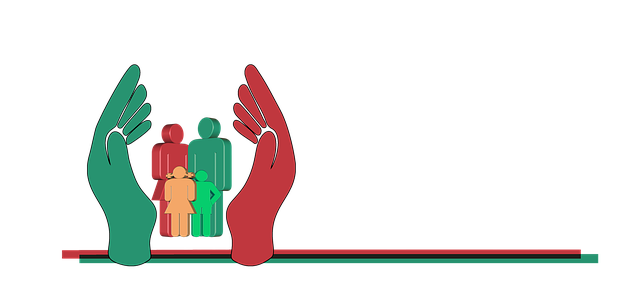Oregon's Department of Human Services (DHS) takes child welfare allegations seriously, offering comprehensive legal services to protect parents' rights. Understanding this process, accessing legal counsel, and building strong family relationships are crucial for defending against unsubstantiated accusations, ensuring fairness, and preserving familial bonds. Child welfare legal services play a paramount role in protecting families from unwarranted interventions.
In Oregon, understanding and defending against child welfare allegations is paramount for parents. This comprehensive guide explores the intricate landscape of child welfare laws and procedures, offering crucial insights for those facing such claims. We navigate the legal protections available to parents, providing a strategic framework for effective defense representation. By delving into these key areas, this article equips families with the knowledge to assert their rights and access quality child welfare legal services.
- Understanding Child Welfare Allegations in Oregon
- Navigating Legal Protections for Parents
- Strategies for Effective Defense Representation
Understanding Child Welfare Allegations in Oregon

In Oregon, child welfare allegations are taken very seriously, with the state’s Department of Human Services (DHS) responsible for investigating and addressing concerns regarding a child’s safety and well-being. These allegations can stem from various sources, including reports from concerned citizens, teachers, or healthcare professionals who observe potential abuse, neglect, or exploitation. Once received, DHS conducts thorough assessments to determine the validity of the claim, utilizing its network of child welfare legal services to ensure fairness throughout the process.
Understanding the nature of these allegations is crucial for parents and guardians as they navigate Oregon’s complex child protection system. Child welfare legal services play a pivotal role in guiding individuals through the legal aspects, explaining their rights, and helping them prepare adequate defenses against unsubstantiated or misguided accusations. By familiarizing themselves with this process, families can better protect their interests and ensure the preservation of familial bonds during challenging times.
Navigating Legal Protections for Parents

Navigating the legal protections available is crucial for parents facing child welfare allegations in Oregon. The state offers a range of legal services designed to ensure fair treatment and due process. Parents have the right to legal counsel, allowing them to understand their options and challenge any unfounded claims. This includes access to lawyers specializing in family law and child welfare cases, who can provide strategic guidance throughout the process.
Understanding these legal protections is essential for parents to assert their rights effectively. They can navigate the system by staying informed, keeping detailed records, and communicating openly with their legal representatives. By exercising these rights, parents can protect themselves and their children from unjust removals or placements while ensuring their best interests are considered during any child welfare proceedings.
Strategies for Effective Defense Representation

In defending against child welfare allegations in Oregon, a comprehensive and strategic approach is paramount. Legal professionals playing the role of defense representation must be well-versed in navigating complex family law and understanding the unique dynamics at play in such cases. One effective strategy involves building a robust case by meticulously examining and challenging the evidence presented by the child welfare agency. This includes scrutinizing any reports, interviews, and observations to ensure they are accurate and align with the best interests of the child.
Additionally, establishing strong and positive relationships with the child and their family can be a game-changer. Defense attorneys should foster open communication, encouraging the expression of concerns and aspirations. By doing so, they can present a compelling argument that the child’s needs are being met within the family setting and that removal from home is not in their best interest. Access to quality child welfare legal services becomes critical, ensuring families have the representation necessary to protect their rights and combat unwarranted interventions.






